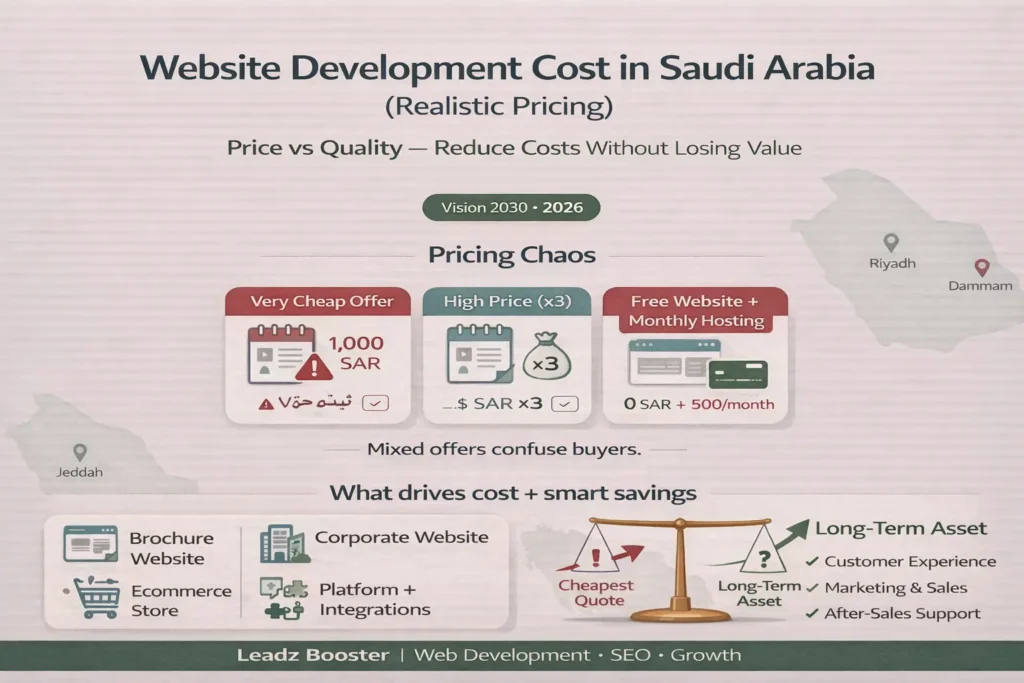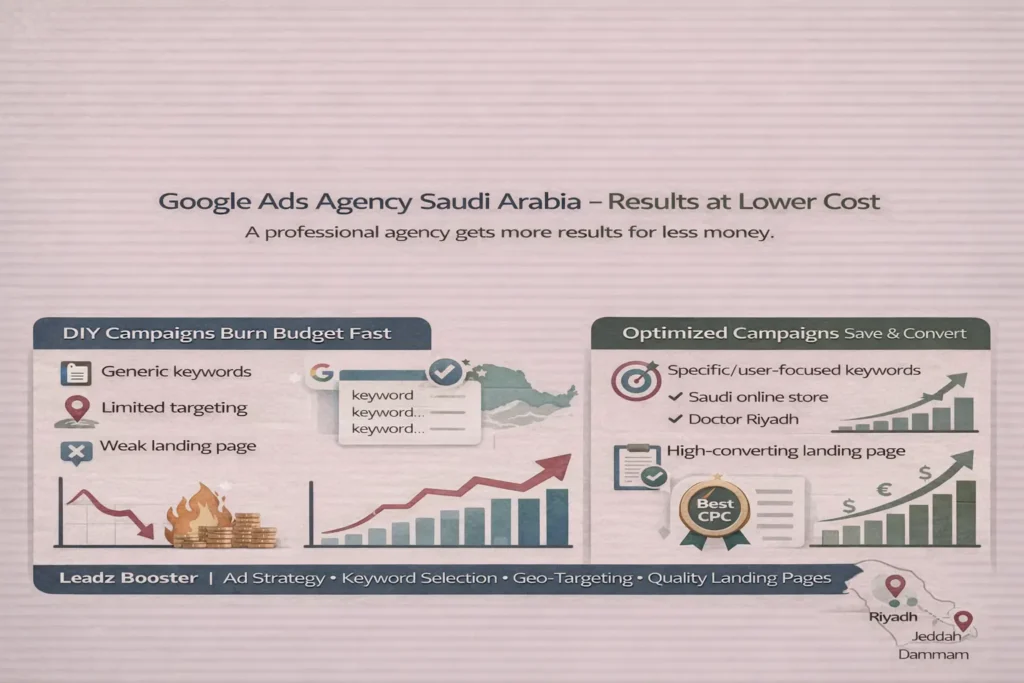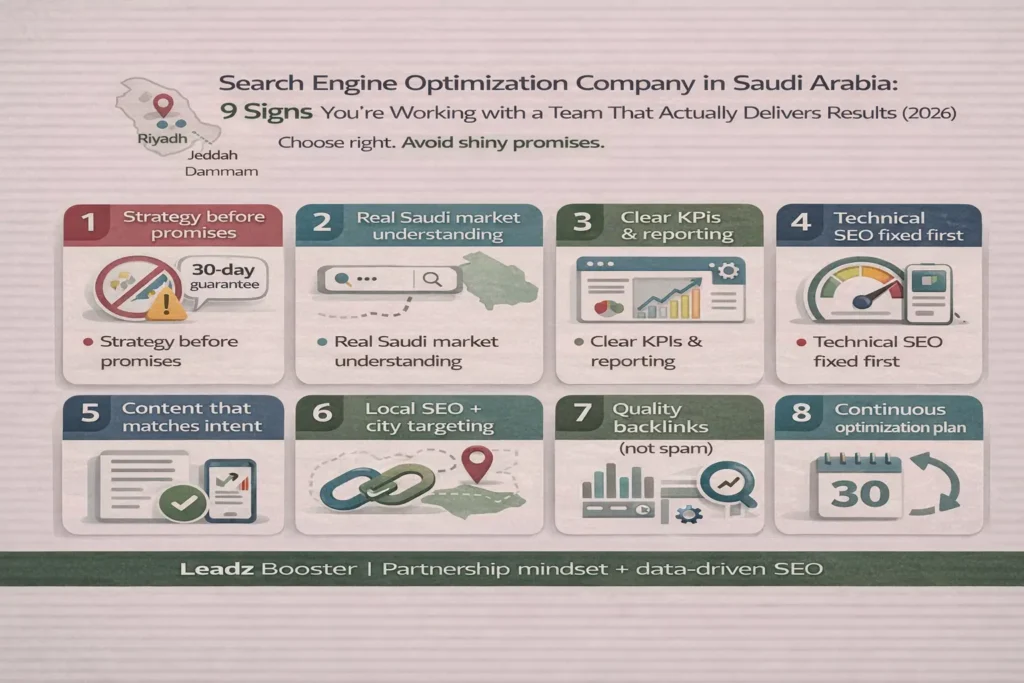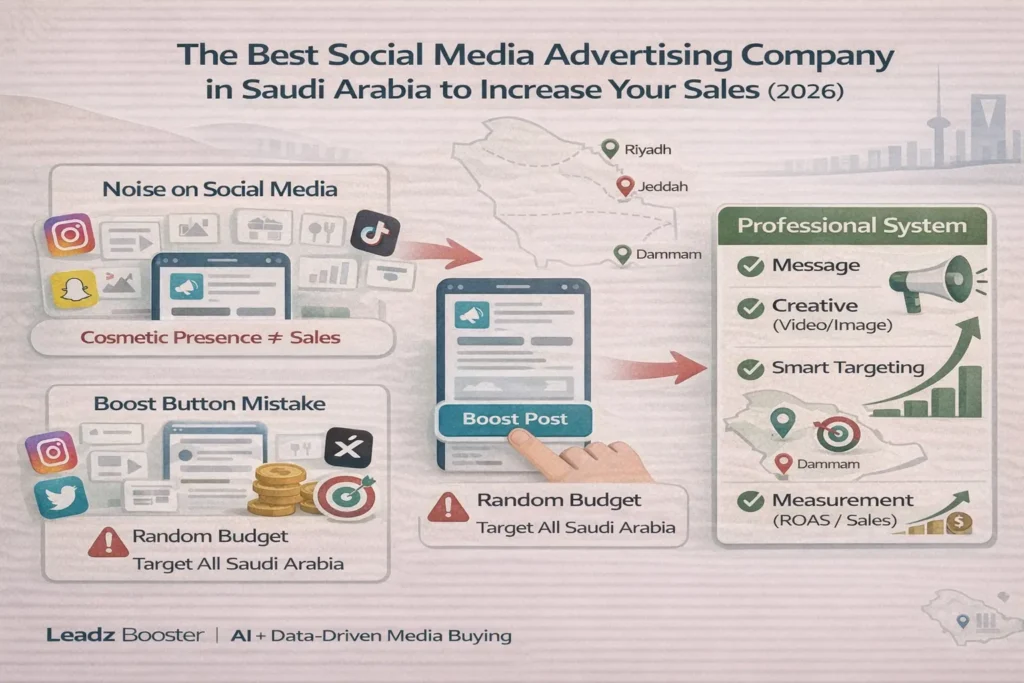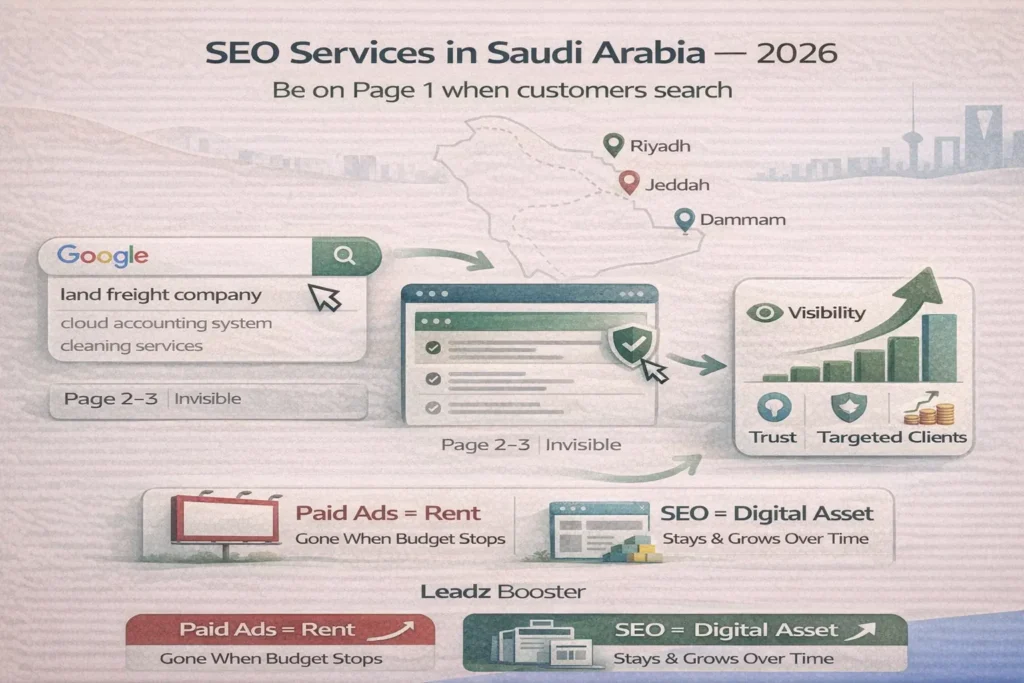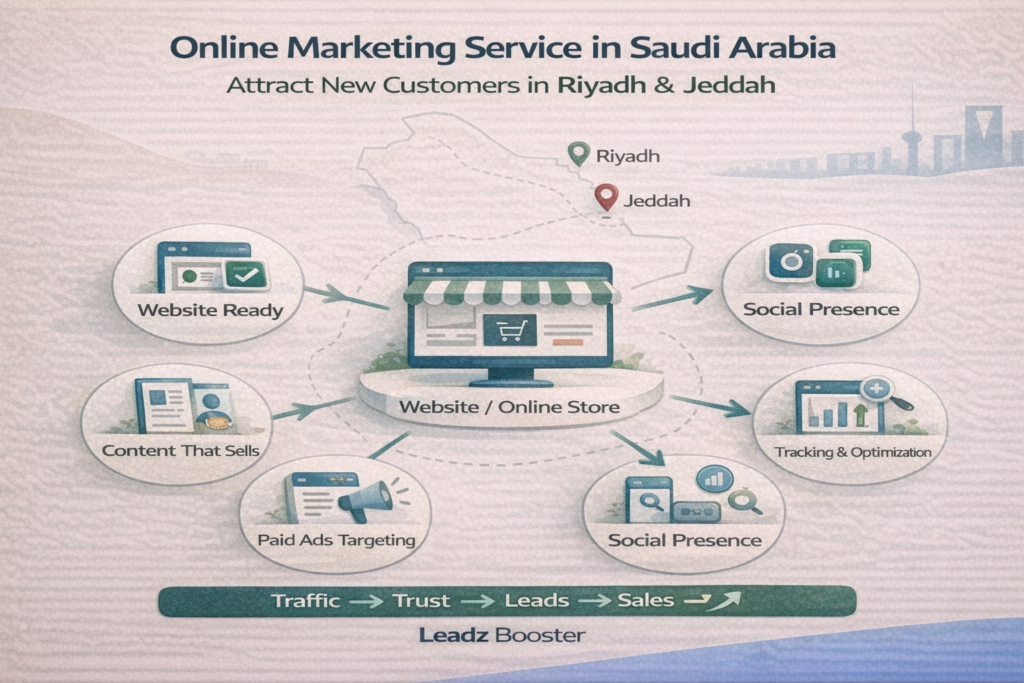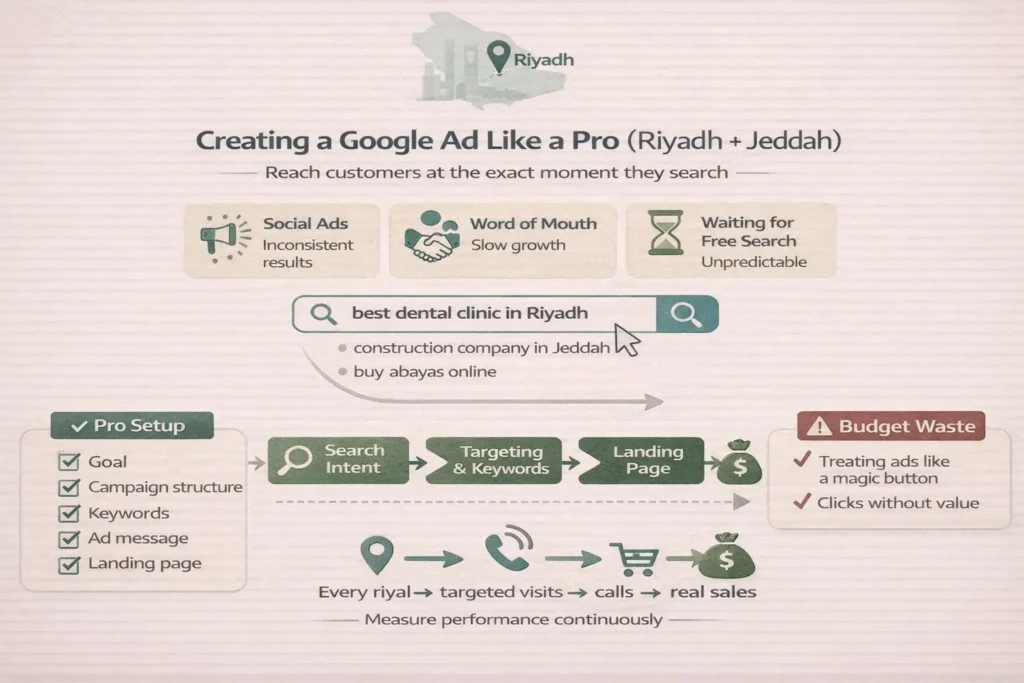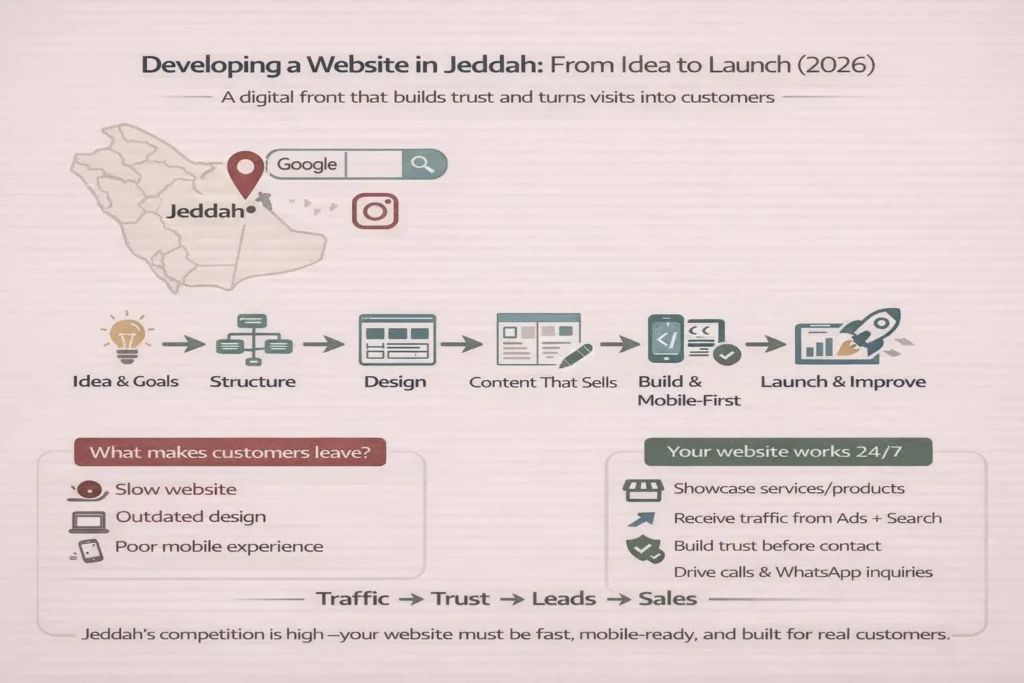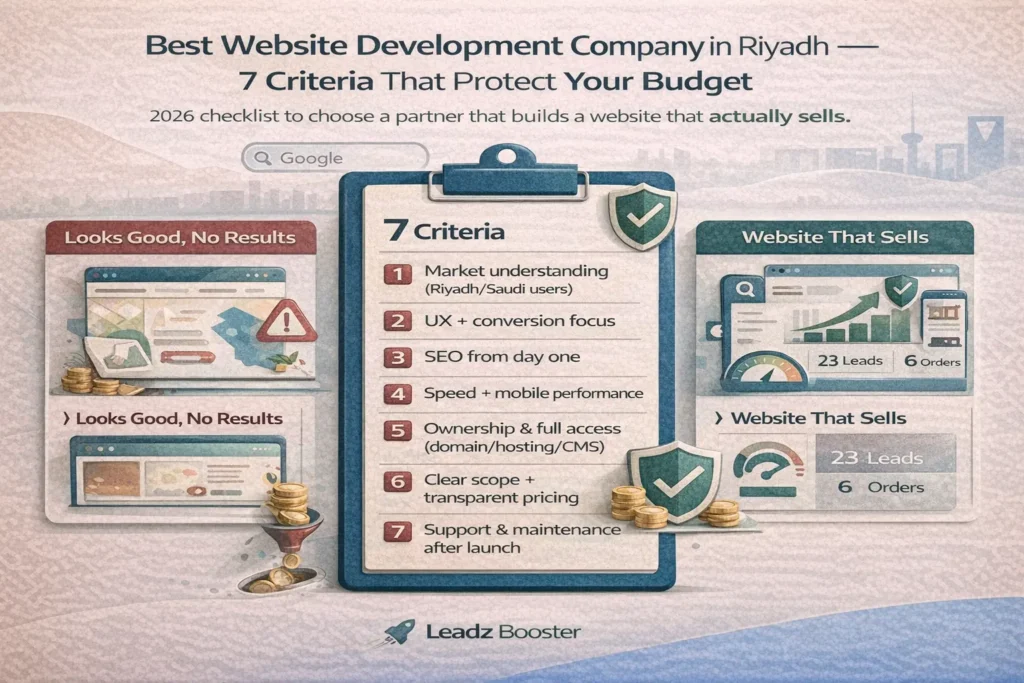
The Digital Marketing Revolution: A New Era of Business
You’re witnessing a fundamental transformation in how businesses operate. The digital revolution has accelerated beyond traditional marketing methods, creating an entirely new business ecosystem. According to recent industry data, global digital advertising spending is projected to exceed $1.2 trillion by 2026, with 80% of all advertising investment flowing into digital channels by 2029.
This shift isn’t just about adopting new tools—you’re experiencing a complete reimagining of business models. Companies that once relied on physical storefronts and traditional advertising are now building digital-first strategies that prioritize online engagement, data analytics, and customer-centric experiences.
The acceleration has been particularly pronounced since global events forced rapid digital adoption. You’ve seen businesses pivot overnight, creating virtual experiences, implementing contactless services, and establishing robust online presences. This transformation spans across industries, from retail and hospitality to healthcare and education, fundamentally altering how you interact with brands and make purchasing decisions.
Digital Marketing has become the cornerstone of modern business strategy, driving not just marketing efforts but entire operational frameworks. You’re now part of an interconnected ecosystem where every touchpoint is measurable, every interaction is trackable, and every customer journey can be optimized in real-time.

Transformation of Traditional Marketing Models
Your relationship with brands has fundamentally changed. Where businesses once relied on mass marketing campaigns hoping to reach the right audience, you now experience highly targeted, personalized communications tailored specifically to your interests and behaviors.
The traditional advertising model—broadcasting messages through television, radio, and print media—has given way to precision targeting. You receive advertisements based on your browsing history, demographic information, purchase patterns, and even your real-time location. This shift has made marketing more relevant to you while simultaneously making it more cost-effective for businesses.
“The evolution from mass marketing to targeted campaigns has increased marketing efficiency by up to 300% while reducing customer acquisition costs by an average of 40%.”
You’re also experiencing the democratization of marketing. Small businesses can now compete with large corporations for your attention through social media platforms, search engine optimization, and content marketing. This leveling of the playing field has created more choices for you as a consumer while forcing businesses to differentiate through value rather than just marketing budget.
The real-time nature of digital platforms means you can engage with brands instantly, provide feedback, and influence marketing messages as they’re being deployed. This two-way communication has transformed the traditional marketer-consumer relationship into a collaborative partnership where your input directly shapes how brands communicate with you.
Data-Driven Decision Making and Business Intelligence
You’re generating valuable data with every digital interaction, and businesses are using this information to make smarter decisions. Your clicks, purchases, social media engagement, and browsing patterns create a comprehensive picture that helps companies understand not just what you want, but when and how you want it.
The power of analytics has revolutionized how businesses approach you as a customer. Predictive analytics can anticipate your needs before you even recognize them yourself. When you see product recommendations that seem perfectly aligned with your interests, you’re experiencing the result of sophisticated machine learning algorithms analyzing your behavior patterns.
| Data Source | Business Intelligence Application | Your Benefit |
|---|---|---|
| Website Analytics |
Optimized user experience |
Easier navigation and faster loading |
| Purchase History | Personalized recommendations | Relevant product suggestions |
| Social Media Engagement | Targeted content creation | Content that matches your interests |
| Email Interactions | Optimized communication timing | Messages sent when you’re most likely to engage |
This data-driven approach extends beyond marketing into product development, customer service, and business strategy. You benefit from improved products and services because companies can identify pain points and opportunities for enhancement based on actual user behavior rather than assumptions.
The integration of multiple data sources provides businesses with a 360-degree view of their customer journey. This comprehensive understanding enables them to create seamless experiences across all touchpoints, ensuring consistency whether you’re interacting with a brand through their website, mobile app, social media, or in-store experience.
Customer Experience Revolution Through Digital Channels
Your expectations for personalized experiences have fundamentally changed the business landscape. You now expect brands to remember your preferences, anticipate your needs, and provide consistent experiences across all digital touchpoints. This demand for personalization has driven businesses to invest heavily in customer experience technologies and strategies.
The omnichannel approach ensures that whether you start your journey on a mobile app, continue on a website, or complete a purchase in-store, your experience remains seamless and connected. Businesses are mapping your customer journey to identify friction points and opportunities for improvement, creating smoother pathways from initial awareness to final purchase and beyond.
User-generated content has become a powerful force in shaping brand perception. Your reviews, social media posts, and shared experiences influence other customers’ decisions more than traditional advertising. Businesses are recognizing this shift and actively encouraging you to share your experiences, creating authentic marketing content that resonates with potential customers.
Real-time customer service through chatbots, live chat, and social media support means you can get immediate assistance when you need it. These digital touchpoints have reduced response times from days to minutes, creating a more satisfying customer experience while reducing operational costs for businesses.
The personalization extends beyond just product recommendations. You’re experiencing customized pricing, tailored content, and even personalized website layouts based on your behavior patterns. This level of individualization was impossible with traditional marketing methods but has become standard practice in the digital age.
Social Media’s Transformative Impact on Business Operations
Your social media activity has become a crucial component of business strategy. Platforms like Instagram, Facebook, LinkedIn, and TikTok have evolved from simple networking tools into powerful commerce engines where you can discover, research, and purchase products without ever leaving the platform.
Social commerce has transformed how you shop. You can now click on products in social media posts and complete purchases instantly, creating a seamless path from inspiration to acquisition. This integration has forced businesses to rethink their entire sales funnel, moving from traditional websites to social-first commerce strategies.
Brand reputation management has become more complex and more important as your voice carries significant weight. A single negative review or social media post can impact a business’s reputation, while positive engagement can dramatically boost brand visibility. You’ve become both a customer and a brand advocate, with your social media activity directly influencing other potential customers.
The rise of influencer partnerships has created new marketing dynamics where you trust recommendations from individuals rather than brands directly. Micro-influencers and nano-influencers with smaller but highly engaged audiences often have more impact on your purchasing decisions than traditional celebrity endorsements.
Community building through social media has enabled businesses to create loyal customer groups where you can interact with both the brand and other customers. These communities provide valuable feedback, generate user-generated content, and create a sense of belonging that goes beyond transactional relationships.
SEO and Content Marketing: The New Business Foundations
Your search behavior has fundamentally changed how businesses approach visibility and customer acquisition. Search engine optimization has become the foundation of digital presence, determining whether you can find a business when you need their products or services.
The shift to mobile-first indexing means businesses must prioritize their mobile experience above all else. With the majority of searches now happening on mobile devices, companies that don’t optimize for mobile visibility are essentially invisible to you when you’re searching for solutions on the go.
Voice search optimization has become crucial as you increasingly use devices like smart speakers and virtual assistants to find information. Your natural language queries require businesses to adapt their content strategies to match conversational search patterns rather than traditional keyword-focused approaches.
Content marketing has evolved from simple blog posts to comprehensive educational resources that position businesses as thought leaders in their industries. You benefit from this shift through access to valuable information, tutorials, and insights that help you make informed decisions while building trust with brands.
Local SEO has transformed how you discover nearby businesses. When you search for services “near me,” you’re experiencing the result of sophisticated location-based optimization that helps local businesses compete with larger corporations for your attention and patronage.
The integration of SEO and content marketing creates a sustainable competitive advantage for businesses while providing you with more relevant, valuable information when you’re researching products or services. This approach builds long-term relationships rather than focusing solely on immediate sales.
Emerging Technologies Reshaping Business Strategies
Artificial intelligence and machine learning are revolutionizing how businesses interact with you. From chatbots that can handle complex customer service inquiries to recommendation engines that predict your preferences, AI is making your digital experiences more intuitive and personalized.
Marketing automation has streamlined business processes while improving your experience. You receive timely follow-up emails, personalized offers, and relevant content recommendations because sophisticated automation systems can respond to your behavior in real-time without requiring manual intervention.
Augmented reality and virtual reality technologies are creating immersive experiences that allow you to interact with products before purchasing. Whether you’re trying on clothes virtually or visualizing furniture in your home. These technologies are bridging the gap between online and offline shopping experiences.
Blockchain technology is beginning to impact digital marketing through enhanced security and transparency. You can expect more secure transactions, verified product authenticity, and transparent supply chain information as businesses adopt blockchain solutions.
The Internet of Things (IoT) is creating new touchpoints for businesses to connect with you. Smart home devices, wearable technology, and connected appliances provide additional channels for personalized marketing and service delivery.
These emerging technologies are not just changing how businesses market to you. They’re fundamentally altering the products and services available to you. Creating new categories of digital experiences that were impossible just a few years ago.
Operational Changes and Process Innovation
Digital Marketing has forced businesses to completely restructure their internal operations. You’re experiencing faster response times, more efficient service delivery. And better customer support because companies have optimized their processes around digital-first strategies.
Customer relationship management systems have evolved to track every interaction you have with a business across all digital channels. This comprehensive tracking enables businesses to provide more personalized service while ensuring no customer inquiry falls through the cracks.
The integration of marketing and sales processes has created smoother customer journeys. When you express interest in a product through digital channels. Sophisticated lead-nurturing systems ensure you receive relevant information at the right time to guide your decision-making process.
Supply chain transparency has improved dramatically as businesses use digital tools to track products from manufacturing to delivery. You can now follow your orders in real-time, receive accurate delivery estimates. And even see the environmental impact of your purchases.
Remote work capabilities enabled by digital marketing tools have allowed businesses to access global talent pools while maintaining customer service quality. You benefit from this expanded workforce through 24/7 support availability and specialized expertise that might not be available locally.
The automation of routine tasks has freed up human resources to focus on strategic initiatives and creative problem-solving. You experience better service quality because employees can dedicate more time to complex issues that require human insight and empathy.
Challenges and Opportunities in Digital Transformation
You’re increasingly aware of data privacy concerns, and businesses must navigate complex regulations while maintaining the personalized experiences you expect. The implementation of GDPR, CCPA, and other privacy regulations has forced companies to be more transparent about data collection and usage.
Cybersecurity has become a critical business concern as digital transformation creates new vulnerabilities. You depend on businesses to protect your personal information. And companies must invest heavily in security measures to maintain their trust and comply with regulations.
The skills gap in digital marketing has created both challenges and opportunities. While businesses struggle to find qualified professionals. This situation has created numerous career opportunities for you if you’re interested in entering the digital marketing field.
Budget allocation for digital initiatives requires careful consideration of return on investment. Businesses must balance the need for digital transformation with practical financial constraints while ensuring they can measure the impact of their investments.
The rapid pace of technological change means businesses must remain agile and adaptable. You benefit from this constant innovation through improved products and services. But it also means businesses must continuously evolve to meet your changing expectations.
Change management within organizations has become crucial as businesses transition from traditional to digital-first approaches. You experience the results of successful digital transformation through better customer experiences. While failed transformations can result in frustrated interactions and poor service quality.
Strategic Adaptation for Modern Businesses
You’re driving the demand for digital-first business strategies. Companies that want to remain relevant must prioritize their digital experience above traditional business practices. This shift requires fundamental changes in how businesses approach strategy, operations, and customer relationships.
Building agile marketing teams has become essential for businesses to respond quickly to their changing needs and preferences. You benefit from this agility through faster product launches, more responsive customer service. And brands that can adapt to trending topics and cultural shifts.
Technology stack selection has become a critical strategic decision. The tools and platforms businesses choose directly impact your experience, from website loading speeds to customer service response times. Integration between different systems ensures you have seamless experiences across all touchpoints.
Competitive analysis in the digital landscape requires constant monitoring of not just direct competitors but also emerging players and new business models. You benefit from this increased competition through better products, services, and pricing as businesses compete for your attention and loyalty.
The importance of continuous learning and innovation cannot be overstated. Businesses that want to serve you effectively must stay current with technological developments, changing consumer behaviors, and emerging market trends. This commitment to learning results in better solutions for your needs and more innovative approaches to solving your problems.
Keep reading and uncover secrets that can change the way you work. How Search Engine Optimization SEO Doubles Your Online Store’s Profits in Saudi Arabia
Future-Proofing Your Business in the Digital Age
You can expect even more personalized and intuitive digital experiences as businesses continue to refine their use of artificial intelligence and machine learning. These technologies will make your interactions with brands more natural and helpful, anticipating your needs before you express them.
Sustainability in Digital Marketing practices is becoming increasingly important as you demand more environmentally responsible business practices. Companies are developing greener digital strategies. From reducing energy consumption in data centers to creating more sustainable packaging and shipping options.
The next generation of technologies, including quantum computing and advanced AI. It will further transform how businesses operate and interact with you. While these technologies are still emerging, they promise to make digital experiences even more sophisticated and responsive to your needs.
Creating adaptable business models has become essential for long-term success. You benefit from this adaptability through businesses that can quickly respond to changing market conditions. Emerging technologies and evolving consumer preferences.
The integration of offline and online experiences will continue to evolve. Creating seamless omnichannel experiences that make it easier for you to interact with businesses regardless of your preferred communication channel or shopping method.
Turn your goals into real achievements with our tailored services – request the service now.
Frequently Asked Questions (FAQ)
How quickly should businesses transition to digital marketing?
The timeline depends on your industry and customer base, but the transition should be gradual and strategic. Most businesses benefit from implementing digital marketing strategies over 12-18 months. Starting with foundational elements like website optimization and social media presence. Before moving to more advanced tactics like marketing automation and AI integration.
What are the most cost-effective digital marketing channels for small businesses?
Social media marketing, content marketing, and local SEO typically offer the best return on investment for small businesses. These channels allow you to reach your target audience without significant upfront costs while building long-term brand awareness and customer relationships.
How can traditional businesses compete with digital-native companies?
Traditional businesses can leverage their existing customer relationships, brand recognition, and operational expertise while adopting digital tools and strategies. The key is to combine the trust and reliability of established businesses with the convenience and innovation of digital approaches.
What skills do employees need for digital marketing success?
Essential skills include data analysis, content creation, social media management, SEO optimization, and customer experience design. Additionally, adaptability and continuous learning are crucial as digital marketing technologies and best practices evolve rapidly.
How do businesses measure the success of digital marketing initiatives?
Success metrics include website traffic, conversion rates, and customer acquisition costs. Lifetime customer value, social media engagement, and return on advertising spend. The specific metrics depend on your business goals and the digital marketing channels you’re using.
Your Digital Future Awaits
You’re not just witnessing the transformation of business through Digital Marketing—you’re actively participating in it. Your preferences, behaviors, and expectations are driving businesses to innovate. Adapt and evolve in ways that were unimaginable just a decade ago.
The future promises even more personalized, efficient, and meaningful interactions between you and the brands you choose to engage with. As artificial intelligence becomes more sophisticated, new technologies emerge. And as businesses continue to prioritize your digital experience, you can expect increasingly seamless and valuable interactions.
Your role in this transformation is crucial. By embracing new technologies, providing feedback, and maintaining awareness of privacy and ethical considerations. You’re helping to shape a digital business landscape that serves everyone’s interests. The businesses that thrive in this new environment will be those that put your needs, preferences. And values at the center of their digital strategies.
The digital revolution in business is far from over. As you continue to engage with brands through digital channels. Your influence will shape the next phase of this transformation. Creating opportunities for innovation, improved experiences. And more meaningful connections between businesses and customers.
